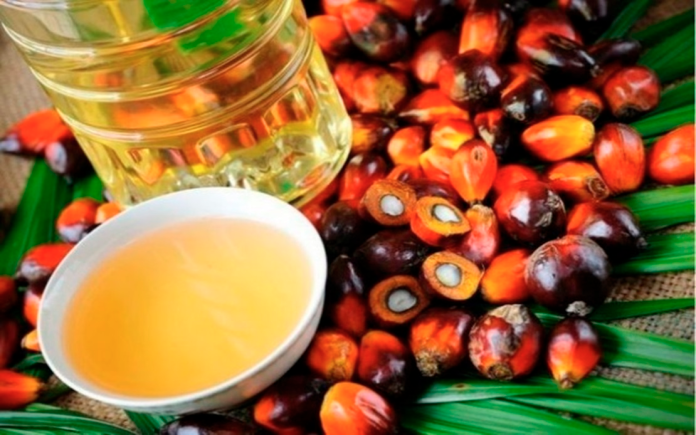KUALA KANGSAR: Artificial intelligence (AI) is now being harnessed to revolutionise the palm oil industry, traditionally one of Malaysia’s most labour-intensive sectors.
Plantation and Commodities Deputy Minister Datuk Chan Foong Hin, who paid an official visit to Minsawi Industries (Minsawi) in Kuala Kangsar, highlighted Malaysia’s bold strides towards tech-enabled industrial transformation.
He witnessed firsthand the operational impact of the world’s first AI-integrated smart palm oil mill.
The smart palm oil mill was launched late last year, featuring research and technology developed by Airei Sdn Bhd.
“What Airei has built and showcased here at Minsawi Industries is more than a smart mill. It is a model for the future.
“AI-driven innovation like this reduces over-reliance on foreign labour, boosts efficiency, and delivers what global buyers now demand – traceability.
“That is the new standard of sustainability, and key to Malaysia’s global competitiveness in the palm oil industry,” Chan said.
The private tour included walkthroughs of the AI Control Room, mill floor, and ramp area – culminating in a dialogue session with Airei founder and CEO Surendran Kuranadan.
The AI-powered smart mill represents a significant leap forward in system visibility and data-driven decision-making, leading to increased profitability.
It integrates real-time data analytics, automation, and predictive maintenance into the core of operations.
This enables greater traceability, accountability, and cost control throughout the production cycle, which is key to enhancing margins and meeting growing global demands for verified, responsible sourcing.
It also allows mill teams to monitor and adjust in real-time, significantly reducing process inefficiencies.
Through AI optimisation, the mill has increased oil extraction rate (OER) by 0.1%, ensuring more oil is recovered through process optimisation.
It has also increased mill uptime by 5-10% through predictive maintenance, enabling revenue growth via greater asset efficiency and reduced process variability.
Furthermore, the technology has also reduced dependence on manual labour by 45%, directly addressing Malaysia’s reliance on over 337,000 foreign workers, who comprise nearly 77% of the plantation workforce.
“These improvements are not theoretical; they are measurable and operational.
“Our goal has always been to deliver smart solutions that elevate industry performance in all areas, enable traceable operations from field to tank, and strengthen Malaysia’s global leadership in palm oil innovation,” said Surendran.
Malaysia remains the second-largest producer of palm oil globally, contributing approximately 25% of the world’s supply, with 18.55 million tonnes of crude palm oil produced in 2023.
With more than 400 mills across the country, the successful implementation of AI systems at Minsawi signals a potential turning point for the wider industry.
The visit reflects the ministry’s continued emphasis on technological advancement and digitalisation, key pillars outlined in the National Agricommodity Policy 2021–2030.
Through public-private partnerships, Malaysia aims to create an ecosystem that drives sustainability, competitiveness, and global relevance.







